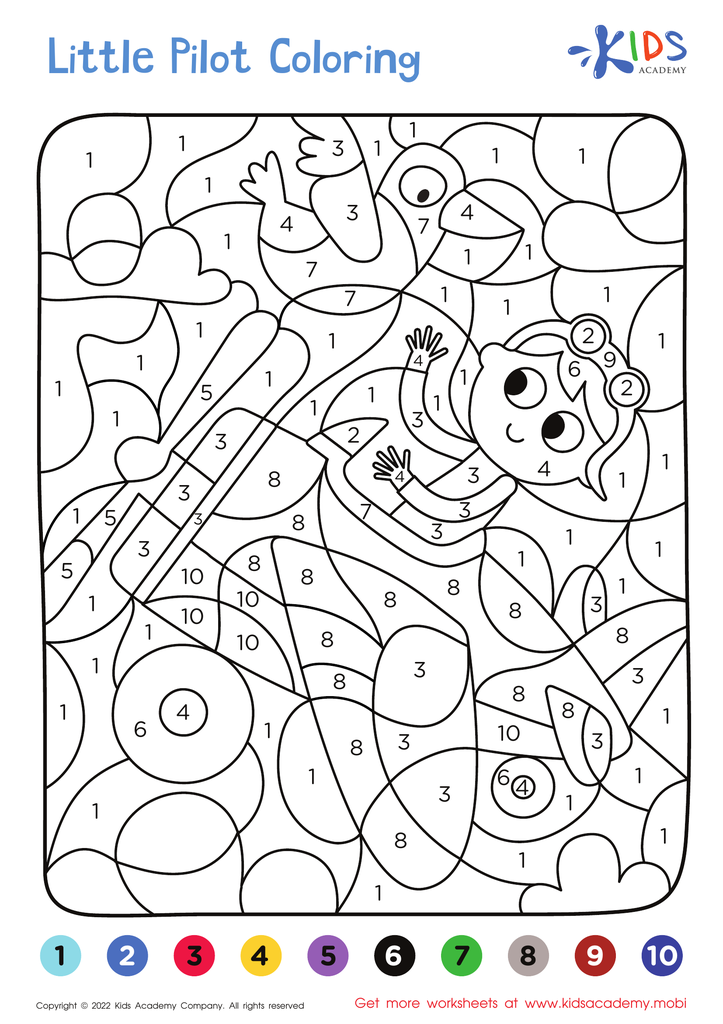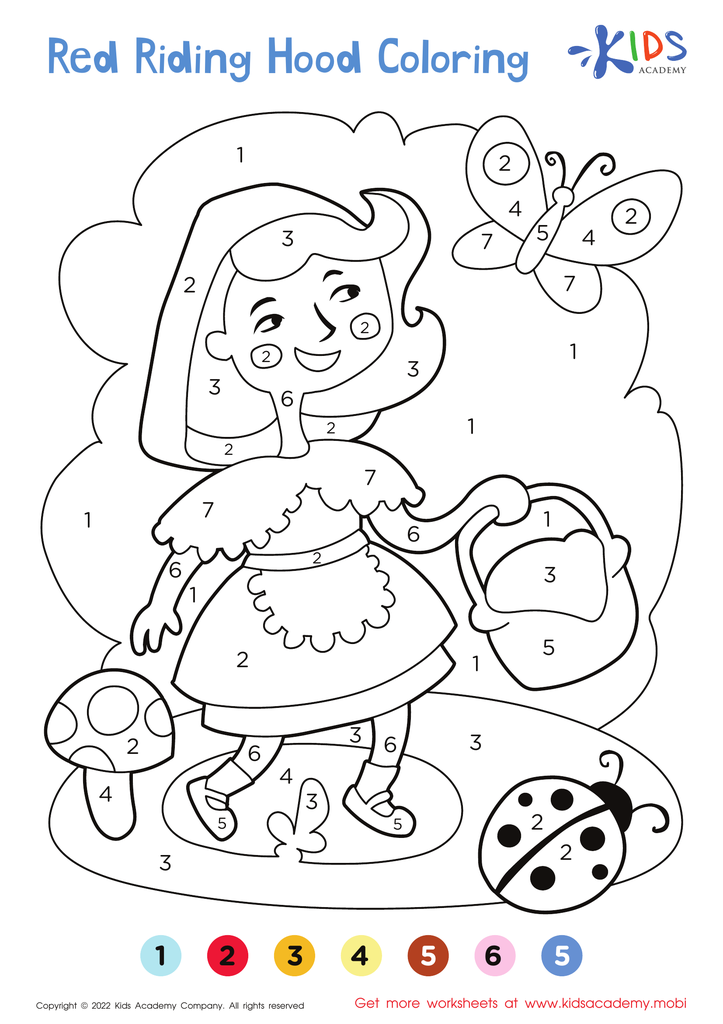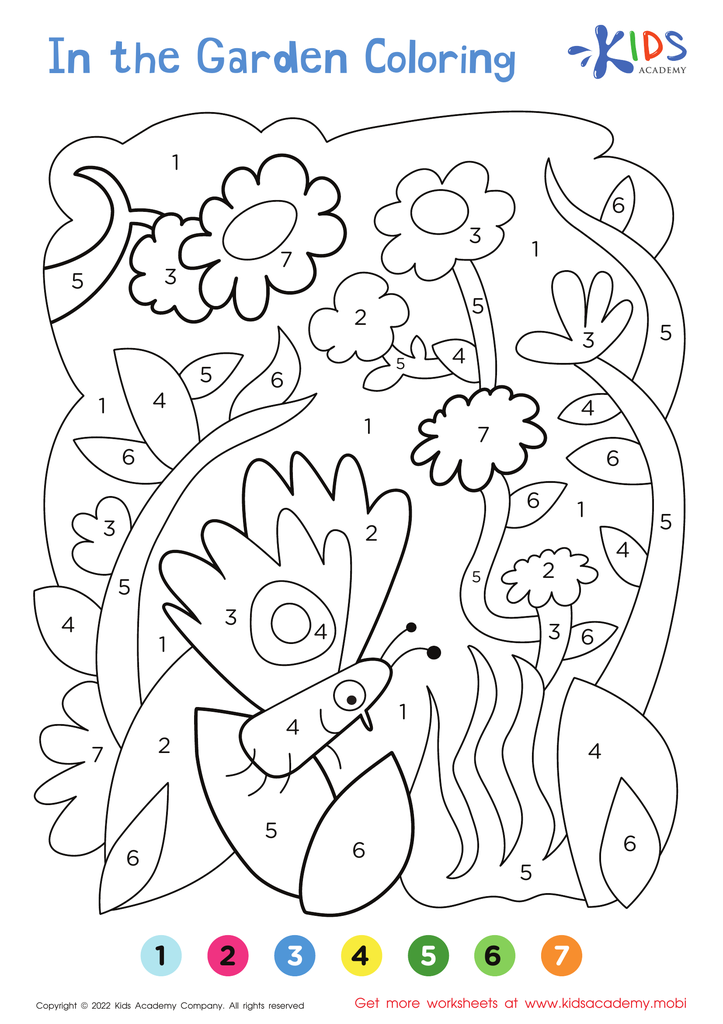Fine Motor Skills Numbers Worksheets for 6-Year-Olds - Page 4
76 filtered results
-
From - To


A Fox and a Bird – Coloring by Numbers


Little Pilot – Coloring by Numbers


Little Red Riding Hood – Coloring by Numbers


In the Garden – Coloring by Numbers
Fine motor skills are crucial for six-year-olds as they form the foundation for various everyday tasks and learning experiences. These skills involve the coordination of small muscles in the hands and fingers, enabling children to carry out essential activities such as writing, drawing, cutting with scissors, and using utensils. As children develop these abilities, they gain independence in personal care, like buttoning shirts or tying shoelaces, which boosts their confidence and self-esteem.
Parents and teachers should prioritize the development of fine motor skills because they directly impact a child’s academic success. Mastery of fine motor tasks is linked to writing proficiency, which is essential for their overall educational achievement. Moreover, fine motor skills contribute to cognitive development; task completion often requires problem-solving, focus, and persistence.
Encouraging activities such as playdough modeling, stringing beads, or drawing enables children to enhance these skills in a fun and engaging way. By nurturing fine motor development, parents and teachers support children's readiness for school, enhance their learning capabilities, and promote independence, ultimately setting the stage for a successful educational journey and lifelong skill development.



















